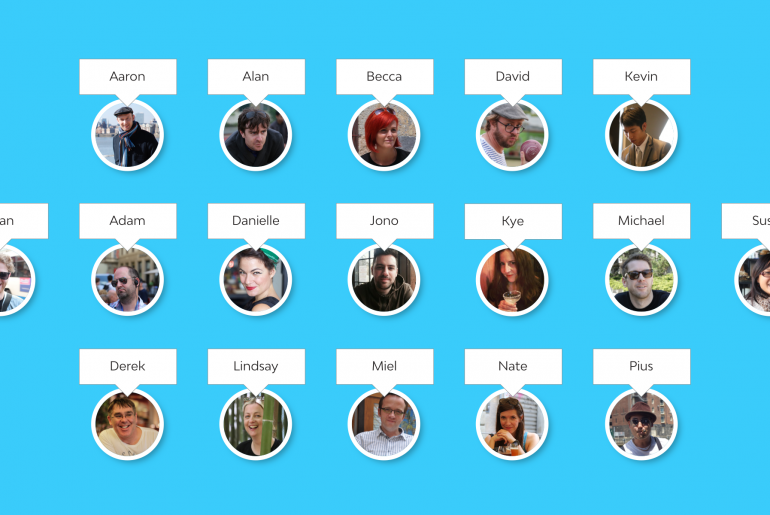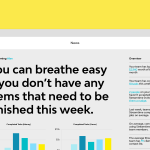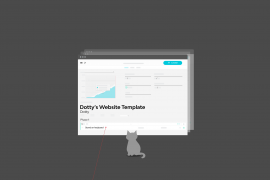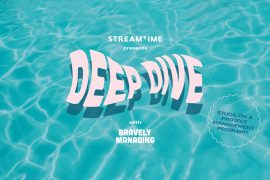“I was thrown out of N.Y.U. my freshman year for cheating on my metaphysics final, you know. I looked within the soul of the boy sitting next to me.” — Alvy Singer in Annie Hall

Souls. Whether you believe in them or not, we’re sure you understand them as a concept — the inner, immaterial, eternal and essential core of a person. And as corny as it might sound, as we reviewed the findings we mentioned in the last blog of this series, we realised that it was soul that was missing from project management software.
We’re not talking about attempting to install consciousness into our software to create a terrifying A.I (yet >.>), we’re talking about finding the human essence, making sure it meets our intangible human needs… while also making matching improvements to the interface and mechanics.
Two vital halves: man and machine. Soul and system. How do we serve both? Here’s our philosophy…
1. The soul.
“Make it human-centred.” It’s an easy, popular thing to say… but a difficult thing to achieve. It means creating a system that treats people as people, instead of as a quantifiable resource. It means treating numbers as the means to an end, not the ultimate goal. It means attempting to understand behaviours, instead of trying to force people into behaviours.
It means offering something to every user — making them better, more competitive, more effective — instead of just demanding things from them. Understanding what matters most in a project, understanding what people need to know, understanding how they work together.
This means…

Focusing on individuals and teams as much as (if not more than) time, money and other resources.
When major projects go belly-up, it’s usually because of the people involved. Maybe it’s because it was because of the way they think about things, maybe because of their moral, maybe they hate the clients (or love them too much), maybe the brief is crap, maybe they’re overworked, maybe they just hate that sort of work.
In any of these situations, it’s a people-problem — but despite this, these factors aren’t properly or thoughtfully factored-in to project management software. This means that a hugely important part of your business — that affects quality of creative work, financial results, employee churn, productivity and more — is being ignored. So we need to stop ignoring it.

Refusing to treat people as fungible resources, and attempting to account for specific talents, skills and dispositions of individuals.
People have different skills, they work at different speeds, they hold different perspectives, they’ve had different experiences… and while a good manager holds all of that information in their heads, wouldn’t it be better if the system knew all that too — and could factor that into its recommendations? That’d be great, right? And as far-fetched as it might sound, it’s not impossible…
2. The system.
How can a productivity system embrace such intangible, ethereal elements of humanity and still function as fantastic and efficient project management software?

By understanding that the past is so yesterday.
Most project management software is obsessed with the past. It reproduces historical data, and asks the user to divine meaning from it. The problem is that when you get data that shows that your project has gone off the rails… well, your project has gone off the rails.
We need to create software that’s an active participant in projects, that contributes to an understanding of the future instead of focusing exclusively on the past.

By ignoring the assumption that metrics should only speak when spoken to.
As we mentioned above, discovering something has gone wrong is discovering it too late. But how can you see a problem that hasn’t happened yet? Well, you shouldn’t have to. Your system should. Instead of waiting for you to see issues, it should say ‘Hey, here are some things that I think might cause problems down the track if they’re not attended to soon’ — as it should do that whenever it feels it needs to.

From good intentions to new inventions.
So we’ve done our research, we’ve figured out our ethos… in our next post, we’ll share our roadmap for the future — centered around three core tenets that will guide the future of Streamtime (and maybe the future of project management!)







